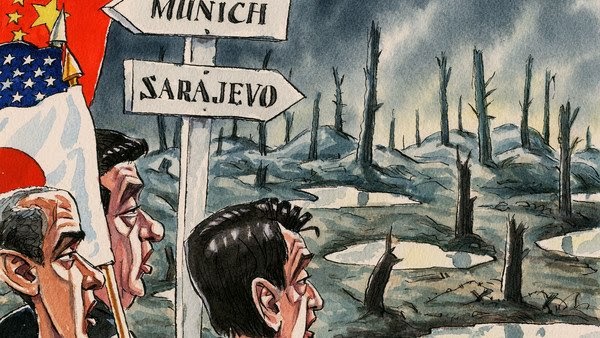Free exchange / Nice work if you can get out
Discussion points
・How do you evaluate your “substitution effect” ?
・Do you think of your work as “exploit” ?
The author is talking about the
change of the relationship between money and leisure by contrasting 19th
century’s situation and today’s one. In the 19th century, as a British drama
“Downtown abbey” showed, rich people enjoyed their leisure time almost every
day while poor people worked hard and enjoyed less leisure. In today’s advanced
economy however, several surveys show that overall working hours of the rich
have been longer than the poor.
There are several explanations to
this shift. First one is what some economists call the “substitution effect”.
Higher wages makes leisure more expensive: if people take time off they give up
more money. Furthermore, the “winner-takes-all” nature of modern economies may
amplify the substitution effect. In the globalised market where good ideas and
innovations are highly valuable, the more skilled workers could get more money.
Secondly, the author points out
that the status of work and leisure in rich world has changed today so
rich people tends to concentrate on their work even if they are paid enough.
Work in advanced economies has become more knowledge-incentive and
intellectual, whereas most jobs in 19th century were really dull ones. The
writer of this column uses Veblen’s theory as an explanation. Thorstein Veblen,
an American economist in 19th century argued that leisure class people who do
not engaged in industry were not idle. Instead of working in industry, leisure
class people engaged in what he called “exploit”: challenging and creative
activities such as writhing, philanthropy and debating. The columnist states
that in rich society, more people than ever can enjoy “exploit” at their office
so the people can get pleasure from their work instead of leisure time in which
they used to seek their satisfaction.
Lastly, the author picks up the
situation of less educated workers. As low-skill and manual jobs are
shrinking and as information technology are opening up a vast world of high
quality and cheap home entertainment, they do not need to work as long to enjoy
a reasonably satisfying leisure.
For these reasons, the
columnist points out that rich people now have less leisure than the poor.










